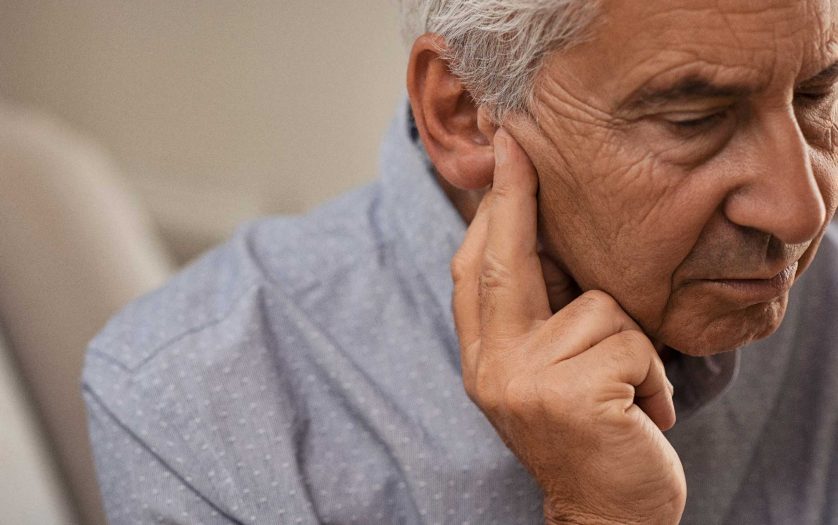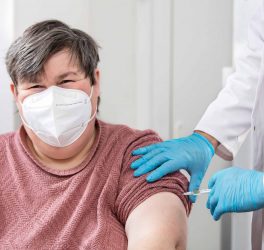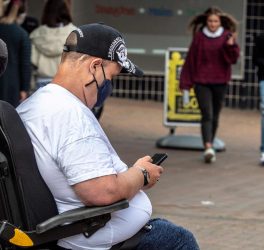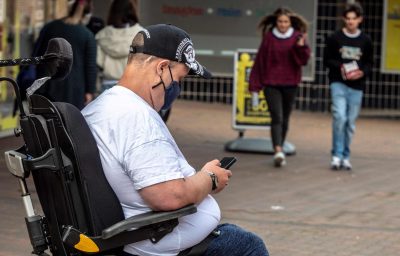
People with hearing disabilities experienced heightened self-reported depression, loneliness, and memory problems during the Covid-19 lockdown, according to an online survey of the over 70s.
The study, published in the International Journal of Audiology, was carried out by experts at the University of Sheffield, The University of Manchester and Lancaster University.
Eighty people over the age of 70, with mixed hearing abilities completed two detailed questionnaires, 12 weeks apart, during May and June 2020 when lockdown restrictions were in place.
“The impact of social isolation has been massive on the elderly population, but our survey shows that people with hearing impairment have been more substantially affected.” said Co-author of the study, Professor Annalena Venneri from the University of Sheffield’s Neuroscience Institute.
“Measures put in place to help limit the spread of the virus – such as face coverings and social distancing – have limited their social interaction to a greater extent.”
“Our survey indicates that the pandemic is having a substantial impact on mental health and cognitive abilities of this vulnerable group.”
Around 70 per cent of people over the age of 70 have hearing loss according to the World Health Organisation. The 8.3 million people in the UK with the condition are likely, argue the team, to be selectively disadvantaged by the coronavirus pandemic.”
“Hearing disability, one of the leading causes of disability in older adults, is already commonly associated with increased rates of depression, social isolation, and risk of dementia and cognitive decline.” said Lead author Dr Jenna Littlejohn from The University of Manchester, DSN and NIHR Manchester BRC.
“Because we were not able to conduct face to face interviews during the lockdown, this study was clearly not able to estimate the effects of the pandemic on the over seventies without internet access.
“However, it would be logical to suspect that these negative associations could be even stronger in people who do not have access to the internet as they may be even more socially isolated: video calls have been lifelines for many.”
Cancellation of medical appointments, the use of face masks and the limitation in the use of technology due to hearing loss are thought to all be important factors.
Many routine face-to-face audiology appointments have been postponed, suspended, or offered remotely.
Face masks act as a direct barrier to communication and are particularly problematic for people with hearing loss who also rely on lip reading and facial expression.
And the enforced social distancing means people with hearing loss might struggle to use telephone and video calls to stay in touch with family and friends.








